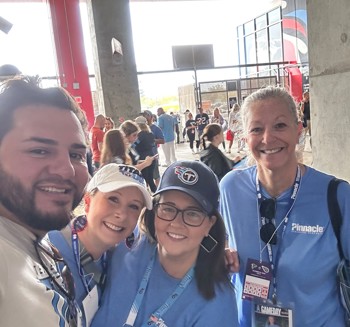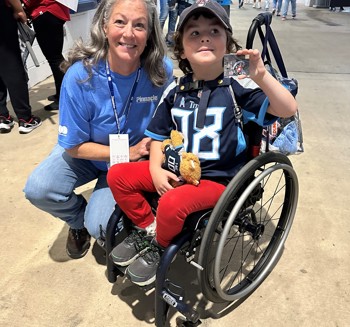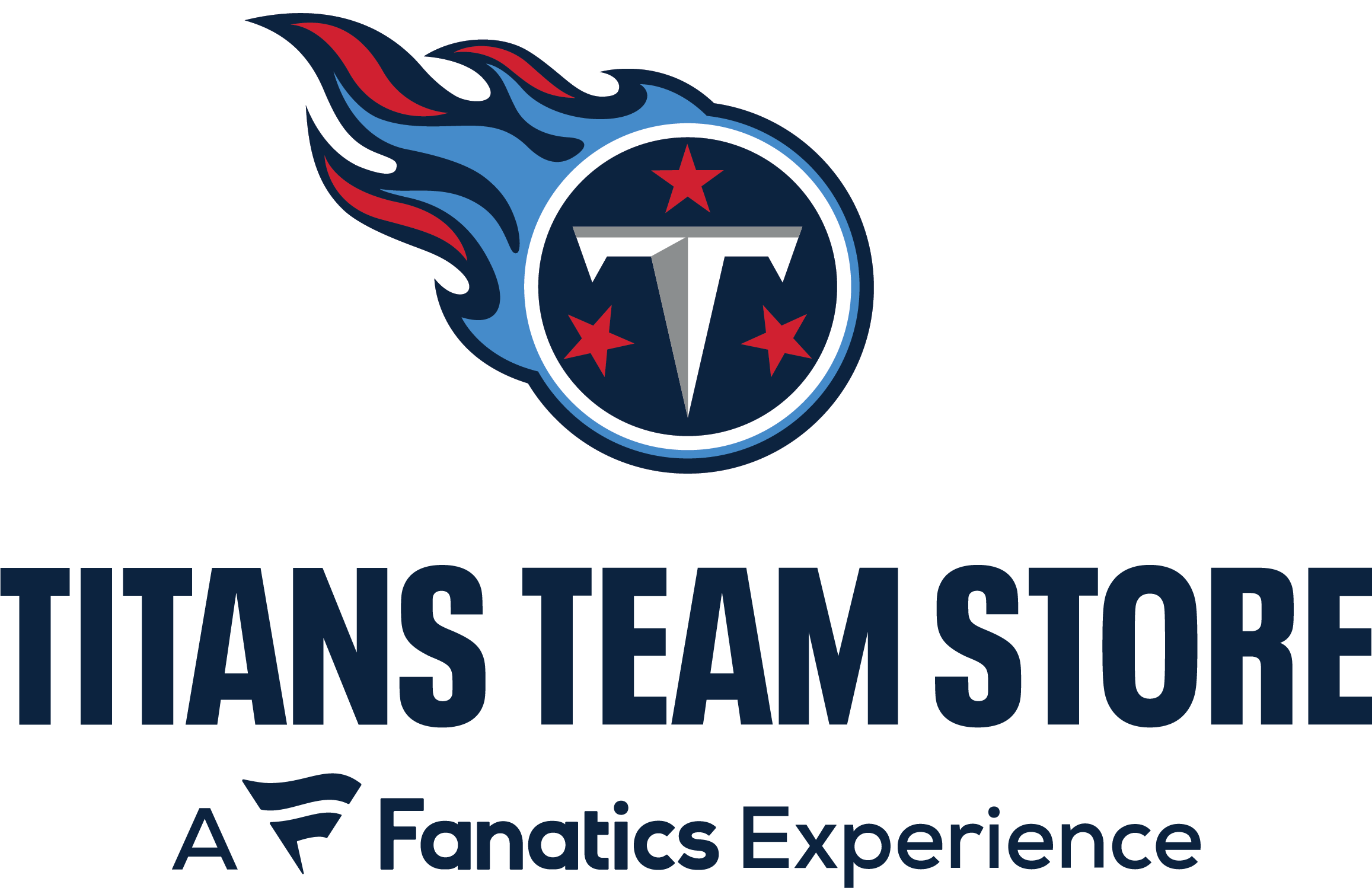Tips for Coaching Your Kids on Finances
Here's a playbook to help your kids learn financial lessons that will last a lifetime. Kids learn most of what they know about money at home, according to the Jump$tart Coalition (more about them below). Here's a playbook to help your kids learn financial lessons that will last a lifetime.
Set a budget | Sit down with your child to set a budget for clothes, books and other items for the year. You can offer an incentive for sticking with the budget: offer to apply unspent cash toward fun activities or additional clothing.
Share the cost | Ask children who receive an allowance or who have money from a part-time job to contribute a percentage of the budget. If they’re expected to help pay for clothes and supplies, they’ll be more conscious about the prices. An allowance should come with a list of types of purchases that are now their responsibility. For younger children it could be candy or small toys; for older kids, it might be nights out with friends or gas money.
Talk about taxes | High school or college students who had a summer job or work part time may owe taxes this year. Kids who are claimed as dependents on their parents’ returns must file a tax return if they earned more than a certain amount. Even if they earn less than that, they may be required to file a return if they earned more than a few hundred dollars from any investments in their name. Teens should also know that tips are taxable. If they earned more than the threshold from babysitting or mowing lawns, they must pay self-employment tax in addition to income tax.
Need vs. Wants | Make sure your children have a clear understanding in the difference between what they need and what they want. Encourage them to save for what they want whether it is a car for teens, or a certain video game or toy for younger children. They will appreciate it much more when they have had to work for it than when it is given to them. Vacation spending is also a good time to encourage the budgeting process. By setting a limit on what the child can spend during a vacation they learn to choose what means the most to them as opposed to “wanting to do it all”.
Encourage work | All the tax talk shouldn’t discourage teens from working. They’ll understand the value of a dollar—and appreciate what goes into earning it—if they have to work for it. Research shows that if kids work fewer than 20 hours a week, their grades aren’t affected.
Offer saving incentives | Even if your children receive allowance or hold down a seasonal job, they won’t be able to buy everything they want. You can help instill the habit of saving for the future and for things they can’t afford right away. One option is to take a cue from 401(k) matching programs and contribute a dollar-for-dollar match, or chip in $25 for every $75 your child saves.
About Tennessee Jump$tart
The Tennessee State Board of Education mandated that all high school graduates (beginning with the Class of 2013) must pass a semester of a personal finance course, making Tennessee one of only 13 states to do so. Pinnacle also made financial literacy – or the ability of all citizens to understand and make informed judgments about the use and management of their money – a strong component of our community service. To help the state meet its student requirement, Pinnacle partners with Tennessee Jump$tart to train teachers across the state for competency in teaching financial literacy.
The Tennessee Jump$tart Coalition is a non-profit organization comprised of individuals and organizations representing business, government and education who have joined together to improve the personal financial literacy of Tennessee’s youth. Tennessee Jump$tart has been a leader in financial literacy since 2000.
A library of financial literacy training materials (many available for free download) can be found on the Jump$tart website.
Investment and Insurance Products:
| Not FDIC insured | Not bank guaranteed | May lose value |
| Not guaranteed by any government agency | Not a bank deposit | |








